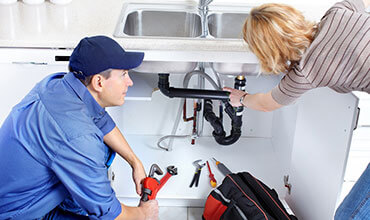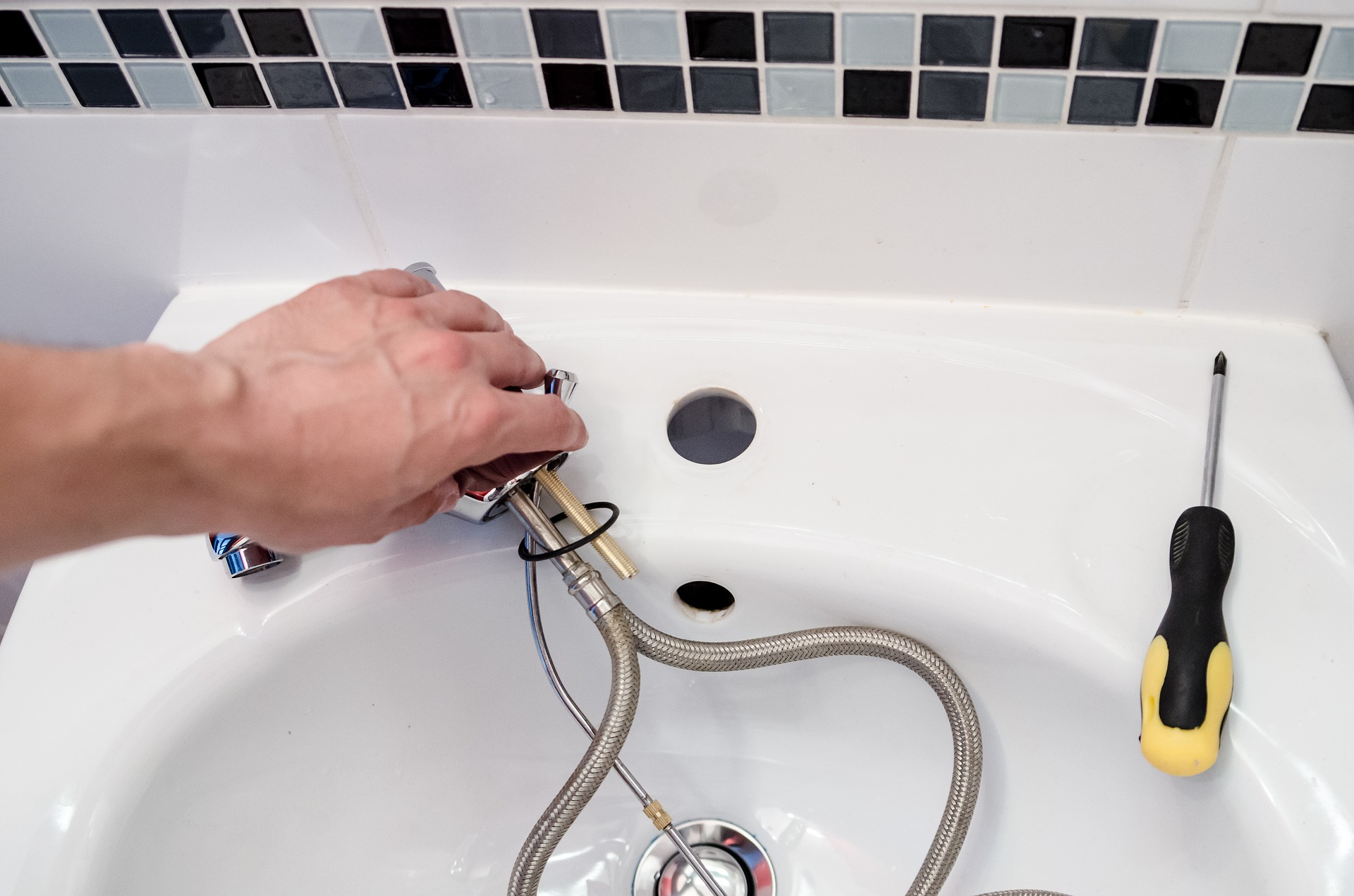Helpful Plumbing Winterization Tips to Prevent Pipe Bursts in Cold Conditions
Helpful Plumbing Winterization Tips to Prevent Pipe Bursts in Cold Conditions
Blog Article
They are making a number of great pointers on How to stop pipes from freezing during the winter overall in this article just below.

All homeowners that live in warm environments have to do their ideal to winterize their pipes. Failing to do so can mean disaster like frozen, fractured, or ruptured pipelines.
Try a Hair Dryer or Warm Weapon
When your pipes are almost freezing, your reliable hair clothes dryer or heat gun is a blessing. If the warm towels do not assist remove any settling ice in your pipes, bowling warm air straight into them might aid. You may end up destructive your pipelines while trying to melt the ice.
Open Up Cabinet Doors Hiding Plumbing
When it's cool outside, it would be helpful to open closet doors that are camouflaging your pipelines. They could be somewhere in your kitchen area or bathroom. This will allow the cozy air from your heating unit to flow there. Therefore, you avoid these revealed pipelines from cold. Doing this small technique can maintain your pipes cozy and limit the possibly dangerous results of freezing temperature levels.
Take Some Time to Wrap Exposed Pipes
One clever as well as simple hack to warm up frigid pipelines is to cover them with warm towels. You can cover them initially with towels. After safeguarding them in place, you can put boiling water on the towels. Do it gradually to allow the towels soak up the fluid. You can also make use of pre-soaked towels in hot water, just do not forget to use safety handwear covers to protect your hands from the warm.
Turn On the Faucets
When the temperature drops as well as it seems as if the icy temperature level will certainly last, it will help to activate your water both inside and also outdoors. This will maintain the water flowing via your plumbing systems. Additionally, the activity will certainly decrease the freezing process. Especially, there's no demand to turn it on full blast. You'll wind up throwing away gallons of water this way. Instead, go for about 5 drops per min.
Shut down Water When Pipelines are Frozen
Switch off the main water shutoff promptly if you notice that your pipes are entirely icy or almost nearing that stage. You will generally locate this in your cellar or utility room near the heating unit or the front wall closest to the street. Transform it off immediately to stop further damage.
Don't fail to remember to close exterior water resources, too, such as your hookup for the yard residence. Doing this will prevent extra water from filling your plumbing system. Regrettably, with even more water, even more ice will accumulate, which will eventually result in rupture pipelines. If you are not sure concerning the state of your pipelines this winter, it is best to call a professional plumber for an inspection. Taking this aggressive approach can save you thousands of bucks in repairs.
All homeowners who live in pleasant environments must do their ideal to winterize their pipelines. Failure to do so can spell catastrophe like frozen, broken, or ruptured pipes. If the hot towels do not assist displace any type of resolving ice in your pipelines, bowling hot air directly into them might assist. Transform off the major water valve immediately if you discover that your pipelines are entirely icy or virtually nearing that phase. With even more water, even more ice will certainly pile up, which will eventually lead to rupture pipes.
PREVENT YOUR PIPES FROM FREEZING THIS WINTER
A Leading Cause of Property Damage
When the weather is taking a deep nose dive into the cold dreary days, the risk of your pipes freezing and potentially bursting skyrockets. Unfortunately, during these cold dreary months, burst pipes are the most common denominator for property damage. The pipes that are most at the risk are those that are in areas where it is most cold in your home. For instance, pipes located in interior places such as basements, attics, and your garage. Unfortunately, that doesn’t mean that the pipes running through your cabinets or exterior walls can’t freeze. Good news, however, is that you can do things to help prevent pipes from freezing.
How to Prevent Pipes From Freezing
Once the temperature starts to drop during the winter, you should be taking the proper measures needed to ensure that your pipes stay warm and that there is circulation of water through them. Some steps that experts may recommend could go against your better judgement when it comes to saving water and heat. However, it would go without saying that when expenses are compared, damaged pipes could put a bigger dent in your wallet than a water bill.
What Can I Do?
Keep your garage door closed. This is very important, especially if you have water supply lines running through your garage. Open your kitchen and bathroom cabinets to allow warm air to circulate through them. Allow air circulation throughout your home. Keeping the interior doors open will once again allow the warm air to circulate inside your home. Ensure your thermostat is running the same temperature throughout the night and day. If you plan to be away from home during the cold months, set your temperature no lower than 55° F. This should provide enough heat to keep the pipes warm and prevent any remaining water inside the pipes from freezing. For more of a long-term solution, add insulation to attics, basement, and other crawl spaces around your home. By allowing your faucet to drip, it will alleviate pressure in the system. This is important because the pressure that is created between the blockage and the faucet can potentially cause the pipes to burst. Allowing the faucet to drip will prevent the pressure from building up, therefore keeping the pipes from bursting. Seal any cracks, openings, and crawl spaces around your home to prevent cold air from coming inside. This keeps your pipes-not to mention your home-warmer and less susceptible to issues caused by freezing temperatures. For the pipes in your home that are easily accessible, applying electrical tape to them might prevent them from freezing over. This is a quick fix, as you can apply the tape directly to the pipe. There are two options for heating tapes. One turns on and off by itself when it senses heat is needed. The other type of heating tape needs to be applied when heat is needed and removed when not necessary. If you have exposed pipes in your home, you can check this website to take a look at a few options that would be available at a shop near you.

I was introduced to that editorial about Winterizing Your Pipes from a good friend on our other site. Are you aware of someone else who is serious about the subject? Why not promote it. We enjoy reading our article about How to Prevent Frozen Pipes.
Set An Appointment Report this page